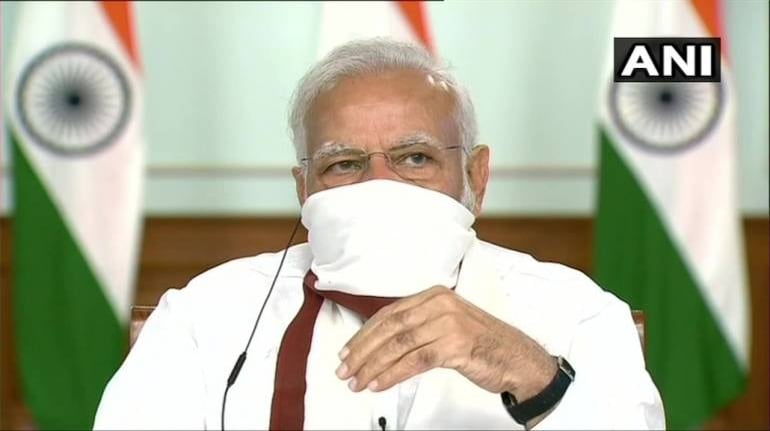



The biggest lesson the COVID-19 pandemic has taught India is to become self-reliant, Prime Minister Narendra Modi on April 24 said while interacting with gram panchayat members. He complimented them for describing social distancing in simple words 'Do Gaz Ki Doori' (maintaining distance of two yards) so that people can understand it easily.
"The biggest lesson COVID-19 has taught us is to become self-reliant," Modi said, underlining that it is now imperative that villages also become self-reliant for their basic needs.
Modi said the coronavirus pandemic has thrown up new challenges which the country never faced before, but it also made people learn new things.
Applauding people for observing lockdown rules, the prime minister said it is because of them, the entire world today is talking about how India has responded to COVID-19 crisis.
Despite limited resources amid the coronavirus crisis, citizens are taking on this challenge instead of succumbing to difficulties, he said.
Follow our full coverage here.
Discover the latest Business News, Sensex, and Nifty updates. Obtain Personal Finance insights, tax queries, and expert opinions on Moneycontrol or download the Moneycontrol App to stay updated!
Find the best of Al News in one place, specially curated for you every weekend.
Stay on top of the latest tech trends and biggest startup news.